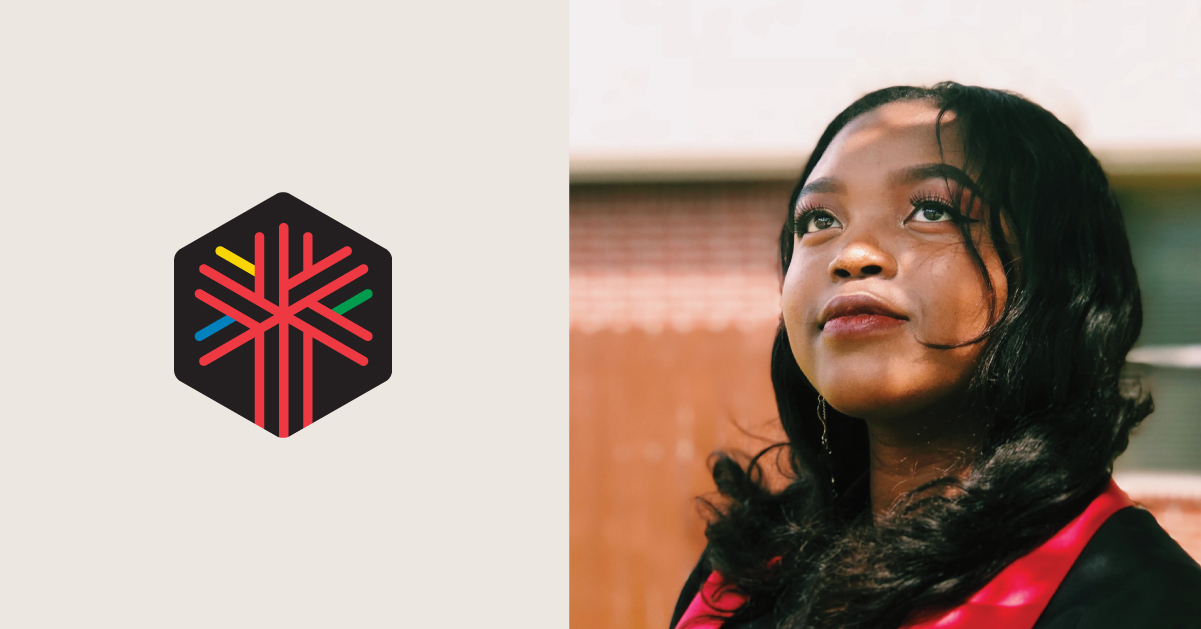The Canadian International Development Scholarships 2030 (BCDI 2030) invites post-secondary institutions to participate in its second call for proposals for scholarship projects for studies in Canada. The call, worth $18 million CAD in total funding, is open to all Canadian post-secondary institutions that are members of Colleges and Institutes Canada (CICan) and Universities Canada (UnivCan).
Depending on the outcomes of this call, this could be the final opportunity for post-secondary institutions to submit proposals for BCDI 2030 scholarship projects.
Funded by Global Affairs Canada (GAC) and co-administered by CICan and UnivCan, BCDI 2030 aims to strengthen the social and economic development of women and men, particularly women, from 26 eligible Francophonie and Commonwealth countries, as well as other Small Island Developing States (SIDS).
The eight-year program (2022-2030) provides quality education and training opportunities, including vocational and technical training, to reduce inequalities in access to higher education. It aspires to train women and men leaders to become agents of change who will positively influence their communities.
Canadian colleges and universities are eligible to submit only one proposal as a lead institution for a scholarship project in partnership with a higher education institution in one of the 26 eligible countries. However, they may participate as partners in multiple proposals with different lead institutions. Study projects in Canada are for a maximum of four years and must be implemented between 2025 and 2029.
Post-secondary institutions that participated in BCDI 2030’s first call for proposals are eligible for funding in this second call, but the scholarship project must present a change from the previous proposal, be it a change of field, study program, partner and/or country.
Proposals will be assessed by an arms-length international selection committee using a rigorous points system and will be classified under two separate funding envelopes: $14 million CAD for member countries of the Francophonie and $4 million CAD for member countries of the Commonwealth and other SIDS.
- Projects taking place in countries that are only members of La Francophonie will have a funding limit of $750,000 per project (Senegal, Côte d’Ivoire, Benin, Mali, Burkina Faso, Niger, Tunisia, Egypt, Congo, Mauritania, Tchad, Central African Republic, Morocco, Madagascar, Democratic Republic of Congo).
- Projects taking place in other BCDI 2030 eligible countries will have a funding limit of $500,000 per project (Ghana, Kenya, South Africa, Tanzania, Guinea-Bissau, Haiti, Sao Tome & Principe, Togo, Gabon, Cameroon, Rwanda).
In keeping with GAC’s funding-sharing parameters (75% of funding granted to Francophonie member states, 25% to Commonwealth and/or Small Island Developing States member states, and 90% of funds target Sub-Saharan African countries) this second call proposes a prioritization system considering the above parameters and the level of funding already received through the first round of BCDI 2030 projects.
Consortiums between Canadian colleges and universities are strongly encouraged since they reflect an integrated approach to higher education, and such projects will be awarded extra points.
For complete information about this call for proposals, please consult the supporting documents of the BCDI 2030 second call for proposals, including the Guidelines, the budget template and the FAQ.
The call closes May 30, 2024 at 3:00 p.m. (EDT)
Project proposals must be submitted in French or English on the BCDI 2030 portal.
If you have questions, please communicate with the BCDI 2030 team.
The Colleges and Institutes Canada and Universities Canada consortium will host webinars to present the program and answer questions about the call.
Please note that the deadline to register for the webinars is April 17, 2024.
If you have any questions you would like answered during the webinars, please send us an email.


